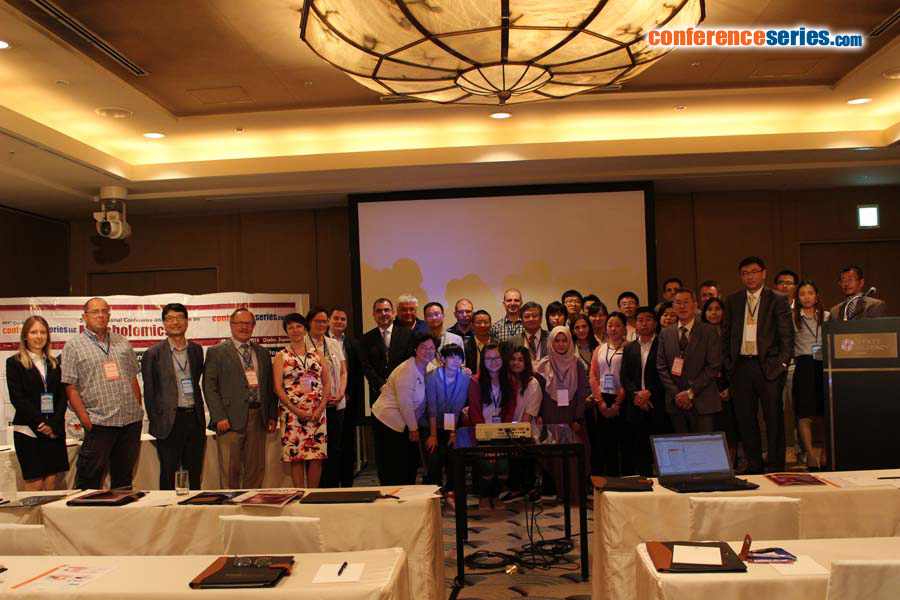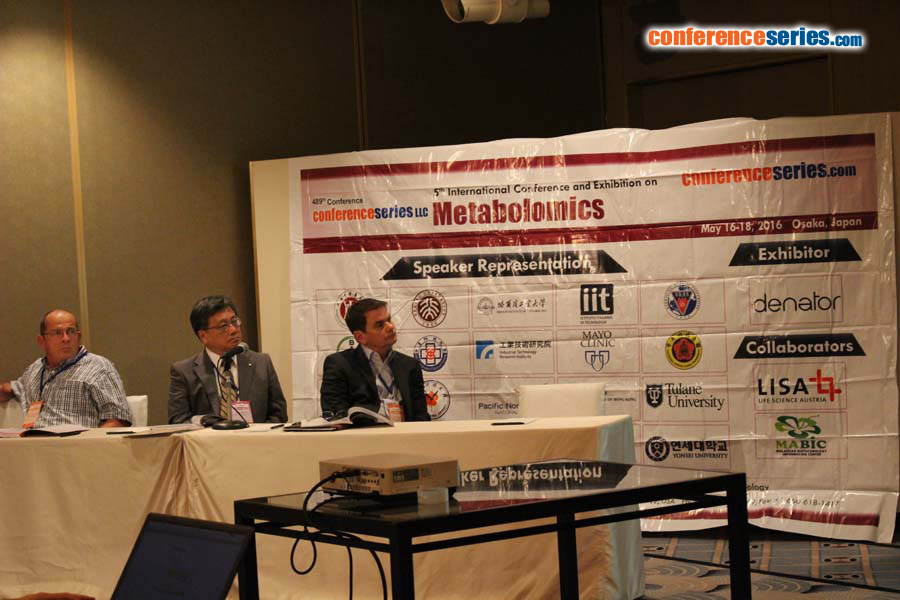
Min Guan
Chinese Academy of Sciences, China
Title: ERRα induces mitochondrial glutaminase expression guiding anaplerosis upon osteogenic differentiation of mesenchymal stem cells
Biography
Biography: Min Guan
Abstract
Aging deteriorates osteogenic capacity of mesenchymal stem/stromal cells (MSCs), contributing to imbalanced bone remodeling and osteoporosis. Glutaminase (Gls) catabolizes glutamine into glutamate at the first step of mitochondrial glutamine-dependent anaplerosis which is essential for MSCs upon osteogenic differentiation. Estrogen-related receptor α (ERRα) regulates genes required for mitochondrial function. Here, we found that ERRα and Gls are up-regulated by osteogenic induction in human MSCs (hMSCs). In contrast, bone mass, osteogenic differentiation capacity of MSCs, ERRα, Gls and osteogenic marker genes are significantly reduced with age. We demonstrated that ERRα binds to response elements on Gls promoter and affects glutamine anaplerosis through transcriptional induction of Gls. Conversely, ERRα inverse agonist compound 29 or mTOR inhibitor rapamycin significantly decreased expression levels of ERRα and Gls, leading to deteriorated osteogenic differentiation of hMSCs. Importantly, overexpression of ERRα in hMSCs promoted osteogenic differentiation and partially restored impairment by rapamycin. Finally, we proved that compensated ERRα expression indeed potentiated osteogenesis capability of elderly mice MSCs in vitro. Together, we establish that Gls is a novel ERRα target gene and ERRα/Gls signaling pathway plays an important role in osteogenic differentiation of MSCs. Our findings suggest that restoring age-related mitochondrial glutamine-dependent anaplerosis may be beneficial for osteoporosis.




